At an open lecture on military photojournalism in Ivano-Frankivsk, journalist, and photojournalist Stanislav Strilets shared his experience in working in hot spots in cooperation with the Anadolu agency and Associated Press. Stanislav told how he started working with foreign journalists and photographers.
Before the war, Stanislav Strilets was a photographer. The main genres were portrait and still life. At that time, he was not at all interested in photo-documentary. But then I felt that something was missing.
“And I had such a feeling that I somehow lacked space. I have a nice studio and good conditions, as if everything is there. Finally, I can do whatever I want. But photography somehow lost its magic, its charm. Actually, this was the reason why I started looking for other ways to express myself and decided to return to journalism. I worked in this field, but as a freelancer, and I realized that I am really interested in this way of life,” said Stanislav.
In November 2021, the photojournalist started working as a fixer for foreign media, primarily to gain experience and understand how everything works.
“But I was most interested in the professional approach of Western journalists to work with information, how everything works with them. I immediately felt I was in my element,” said the media person.
A large-scale war caught Stanislav Strilets in Mariupol. I went there on February 15, 2022, with a France 24 TV crew to investigate “possible conversion sentiments in a front-line town.”
“On the 24th, the war caught us at a roadblock in Shyrokino, but as a result, I escaped from Mariupol. I was just lucky: there was a person who convinced me that I should run away. The French tried to take me on the “weak side:” stay with us, everything is under control, everything will be fine, we have to work, don’t be a coward. I escaped from there, and as a result, they were already undergoing filtration in ten days. And I don’t even know how I would pass filtering with a Kyiv passport.”
Having returned to Kyiv, Stanislav panicked; it was unclear what would happen next.
“My close friend says that he has an offer for me. He worked with two American photographers in Volnovakha, but his wife gave an ultimatum: either her or the job. So he said that he trusted me, so if I wanted, I could work with the Americans. I contacted them and made an appointment. We met on March 2 at point A. Two dudes arrived in a car. The door opens, and one says to me: “Sit down; we are going to Irpin. We were told what was needed for the front.”
Stanislav Strilets agreed to join them. The first shots were taken there. Then the Americans talked about their experience in Congo, Missouri, and Afghanistan.
In addition to his memories, Stanislav shared his experience with the participants of the open lecture and talked about modern photo-documentary.
“It is no secret that this is a media war. This war is so accessible that documentary shooting crews from all over the world flock to join the process. And there is a huge competition between photographers,” says Stanislav.
Call the Ivano-Frankivsk Journalists’ Solidarity Center by dialing 066 677 0726 (Viktoriya Plakhta, the Ivano-Frankivsk JSC coordinator). The Center’s address is 25 Sichovykh Striltsiv Street.
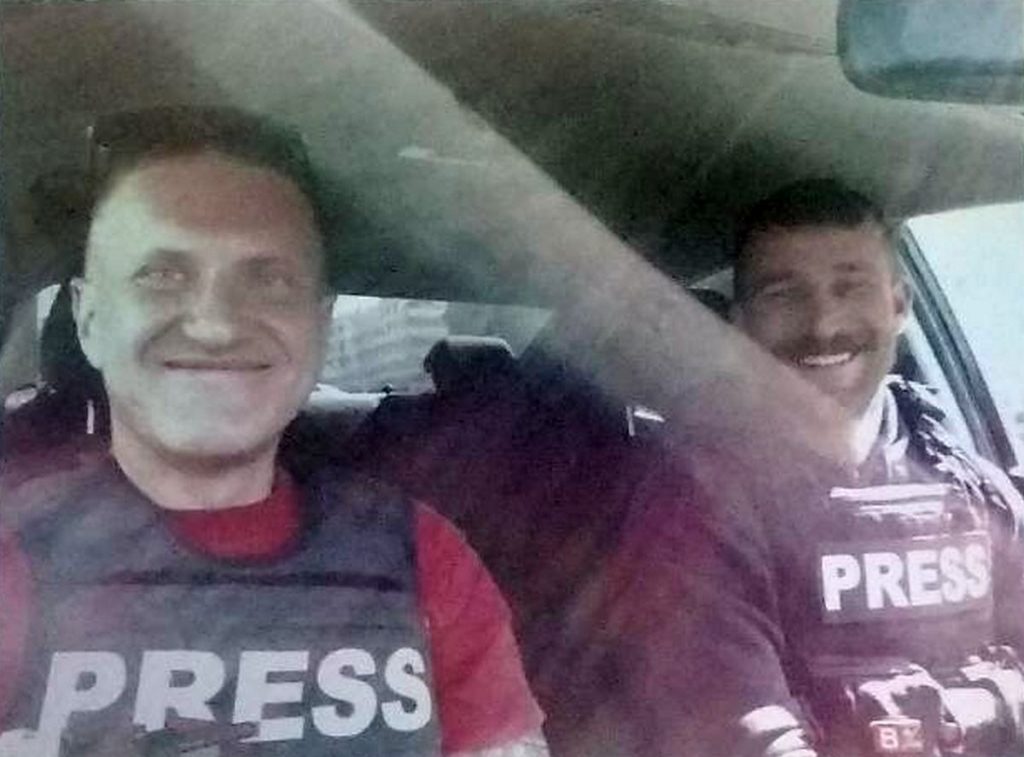
ABOUT JSC
The Journalists’ Solidarity Centers is an initiative of the NUJU implemented with the support of the International and European Federations of Journalists and UNESCO. The initiative is designated to help media representatives working in Ukraine during the war. The Centers operate in Kyiv, Lviv, Ivano-Frankivsk, Chernivtsi, Zaporizhzhia, and Dnipro and provide journalists with organizational, technical, legal, psychological, and other types of assistance.
ABOUT UNESCO
UNESCO is the United Nations Educational, Scientific, and Cultural Organization. It contributes to peace and security by promoting international cooperation in education, sciences, culture, communication, and information. UNESCO promotes knowledge sharing and the free flow of ideas to accelerate mutual understanding. It is the coordinator of the UN Action Plan on the Safety of Journalists and the Issue of Impunity, which aims to create a free and safe environment for journalists and media workers, thus strengthening peace, democracy, and sustainable development worldwide. UNESCO is working closely with its partner organizations in Ukraine to provide support to journalists on the ground.
The designations employed and the presentation of material throughout this digest do not imply the expression of any opinion whatsoever on the part of UNESCO concerning the legal status of any country, territory, city, or area or its authorities or concerning the delimitation of its frontiers or boundaries.
The authors are responsible for the choice and the presentation of the facts contained in this digest and for the opinions expressed therein, which are not necessarily those of UNESCO and do not commit to the organization.
Oleksii Yakovenko,
student of Pylyp Orlyk International Classical University

 THE NATIONAL UNION OF
JOURNALISTS OF UKRAINE
THE NATIONAL UNION OF
JOURNALISTS OF UKRAINE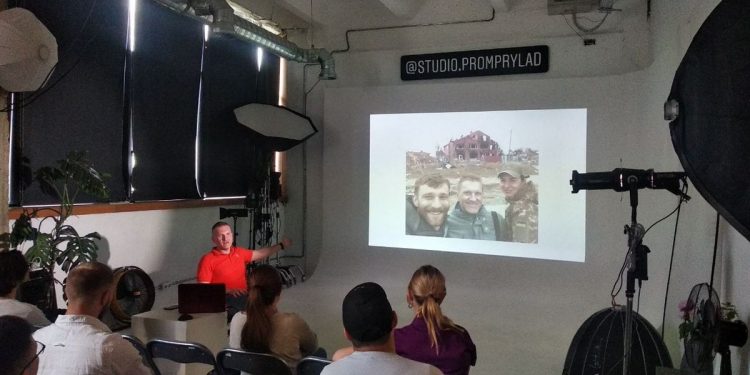
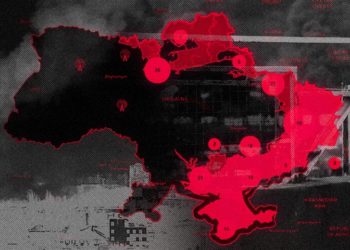
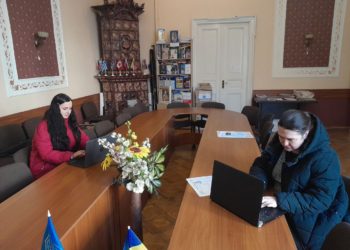
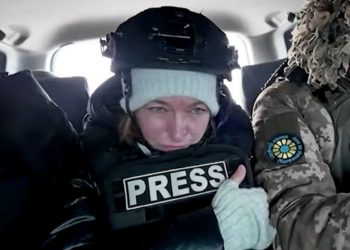













Discussion about this post